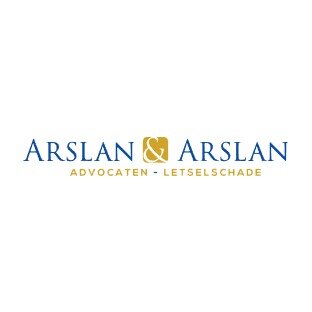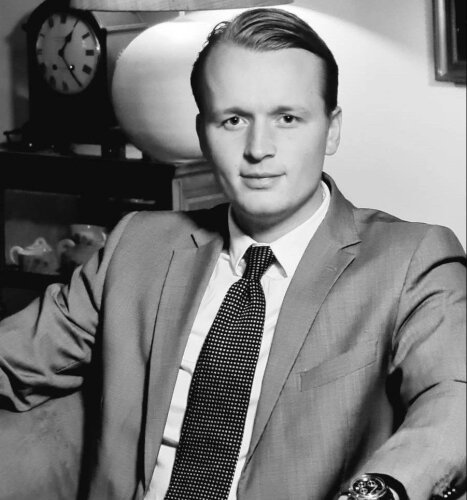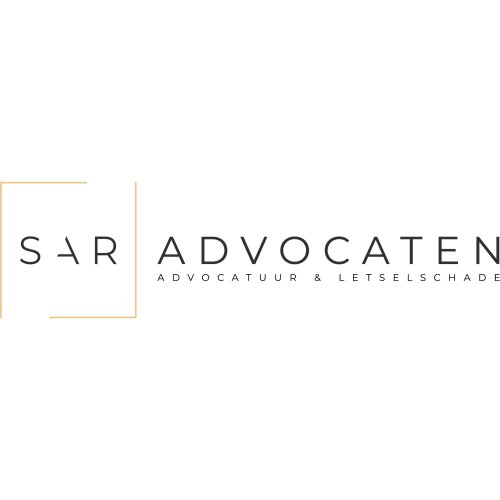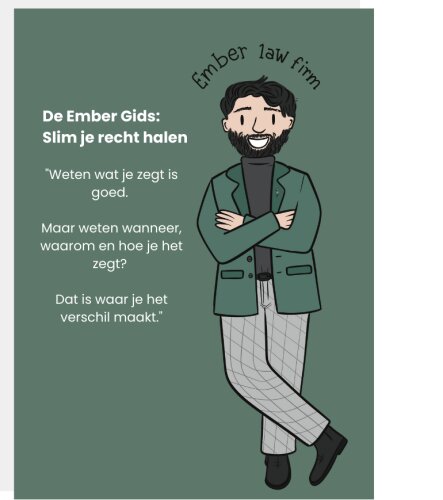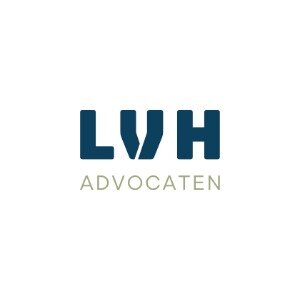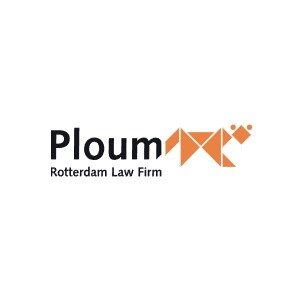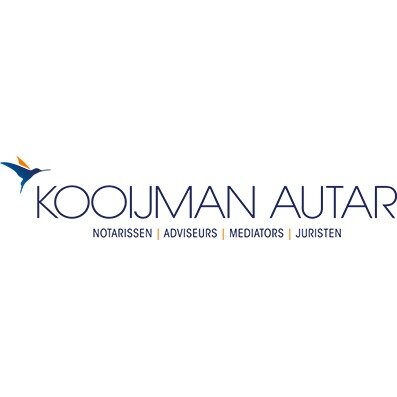Best FDA Law Lawyers in Rotterdam
Share your needs with us, get contacted by law firms.
Free. Takes 2 min.
List of the best lawyers in Rotterdam, Netherlands
About FDA Law in Rotterdam, Netherlands
FDA Law, or Food and Drug Administration Law, refers to the regulations and legal frameworks that govern the safety, quality, labeling, and distribution of food, pharmaceuticals, medical devices, and cosmetics. In the Netherlands, the equivalent of the American FDA is the Dutch Food and Consumer Product Safety Authority, known as the NVWA. Rotterdam, as a major port city, plays a critical role in the import and export of food and medical goods, making local compliance with national and European Union regulations especially important. FDA Law in Rotterdam encompasses a wide range of legal requirements, from food safety controls to pharmaceutical approvals and medical device certification.
Why You May Need a Lawyer
People and businesses may require legal help with FDA Law in various situations. Some common scenarios include:
- Launching a new food product or dietary supplement in the Dutch or EU market
- Navigating the registration and approval process for pharmaceuticals or medical devices
- Dealing with import or export compliance issues at the Port of Rotterdam
- Responding to enforcement actions, recalls, or inspections by regulatory authorities
- Challenging regulatory decisions or penalties
- Ensuring proper food labeling and advertising in accordance with current laws
- Managing product liability or consumer complaints related to food or health products
- Assisting with mergers and acquisitions in the food or healthcare sectors, where regulatory compliance is essential
Because FDA Law in Rotterdam often involves both Dutch and EU regulations, legal expertise is crucial to ensure compliance and minimize business risks.
Local Laws Overview
Key aspects of local laws relevant to FDA Law in Rotterdam include:
- Food Safety: The Netherlands follows EU food safety regulations, enforced by the NVWA. These cover hygiene standards, traceability, notification of unsafe products, and permissible additives.
- Pharmaceuticals: Medicines must be authorized by the Medicines Evaluation Board (CBG-MEB) or the European Medicines Agency (EMA). Strict requirements cover clinical trials, marketing authorization, pharmacovigilance, and advertising.
- Medical Devices: Regulatory frameworks for medical devices are determined by the EU Medical Devices Regulation (MDR) and the In-vitro Diagnostic Medical Devices Regulation (IVDR). Devices must be CE marked and registered appropriately.
- Imports and Exports: Rotterdam, as an EU port, follows European customs and safety procedures. Special rules apply to the transit and import of high-risk food products and pharmaceuticals.
- Labeling and Claims: Laws regulate nutritional facts, ingredient lists, health claims, and allergen information on packaging. Advertisements must be truthful and not misleading.
- Enforcement and Recalls: The NVWA can conduct investigations, recall products, and impose fines for violations. Businesses must have systems for traceability and rapid recall if needed.
Compliance with these rules is essential to operate legally and avoid sanctions in Rotterdam and across the Netherlands.
Frequently Asked Questions
What authorities regulate food and drug safety in Rotterdam?
The Dutch Food and Consumer Product Safety Authority (NVWA) is the main regulator, along with the Medicines Evaluation Board (CBG-MEB) for pharmaceuticals and the Health and Youth Care Inspectorate (IGJ) for medical devices.
Do I need special approval to sell food or supplements in Rotterdam?
You may need to notify the NVWA before launching food products or supplements. Certain ingredients or health claims might require specific authorizations or proof of safety and efficacy.
What steps must I take to import food or pharmaceutical goods through Rotterdam?
Importers must comply with EU and Dutch regulations, including customs documentation, safety certifications, traceability, and product labeling. High-risk products may be subject to inspections at the port.
How is food safety enforced in Rotterdam?
The NVWA can inspect food businesses, sample products, and enforce recalls or closures if safety risks are found. Non-compliance can result in fines or legal actions.
Can I advertise health benefits for my product?
You can only make health claims that have been authorized under EU regulations. False, exaggerated, or unapproved claims may lead to enforcement action.
What happens if my product is recalled?
You must cooperate with authorities, inform customers, and follow official recall procedures. Having a robust traceability system in place will help manage recalls efficiently.
How can I ensure my medical device is compliant?
Medical devices must meet quality and safety standards under the EU MDR or IVDR, be CE marked, and registered before distribution. Thorough documentation and post-market surveillance are necessary.
What penalties apply for non-compliance?
Penalties can range from warnings and fines to product seizures and business closures, depending on the severity of the violation.
Who is responsible for product labeling?
The importer or manufacturer is responsible for ensuring labels comply with Dutch and EU laws, including accurate information on ingredients, allergens, and origin.
How can a lawyer help with FDA Law issues?
A lawyer can advise on compliance, help with product registration, handle regulatory disputes, and represent you in cases involving recalls, penalties, or litigation.
Additional Resources
If you need further information or support, consider these resources:
- Dutch Food and Consumer Product Safety Authority (NVWA)
- Medicines Evaluation Board (CBG-MEB)
- Netherlands Food Information Centre (Voedingscentrum)
- European Medicines Agency (EMA)
- Health and Youth Care Inspectorate (IGJ)
- Chamber of Commerce Rotterdam for business and regulatory guidance
- Local trade unions and sector organizations for ongoing training and compliance updates
Next Steps
If you believe you need legal advice or support with FDA Law in Rotterdam, follow these steps:
- Identify your specific issue or compliance question
- Gather all relevant documents and correspondence related to your product or business
- Schedule a consultation with a lawyer specializing in food, pharmaceutical, or regulatory law
- Discuss potential risks or options and ask about their experience with Dutch and EU FDA Law
- Work with your lawyer to ensure compliance, draft documents, or represent you in regulatory matters
Timely legal guidance ensures that your business operates smoothly and minimizes legal or financial risk in the fast-changing environment of FDA Law in Rotterdam, Netherlands.
Lawzana helps you find the best lawyers and law firms in Rotterdam through a curated and pre-screened list of qualified legal professionals. Our platform offers rankings and detailed profiles of attorneys and law firms, allowing you to compare based on practice areas, including FDA Law, experience, and client feedback.
Each profile includes a description of the firm's areas of practice, client reviews, team members and partners, year of establishment, spoken languages, office locations, contact information, social media presence, and any published articles or resources. Most firms on our platform speak English and are experienced in both local and international legal matters.
Get a quote from top-rated law firms in Rotterdam, Netherlands — quickly, securely, and without unnecessary hassle.
Disclaimer:
The information provided on this page is for general informational purposes only and does not constitute legal advice. While we strive to ensure the accuracy and relevance of the content, legal information may change over time, and interpretations of the law can vary. You should always consult with a qualified legal professional for advice specific to your situation.
We disclaim all liability for actions taken or not taken based on the content of this page. If you believe any information is incorrect or outdated, please contact us, and we will review and update it where appropriate.




